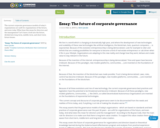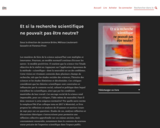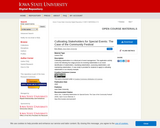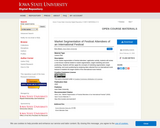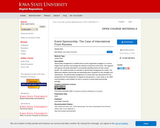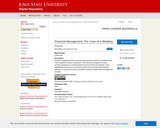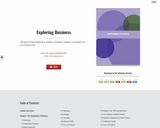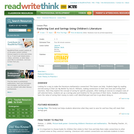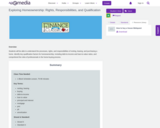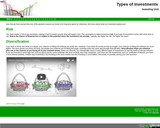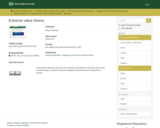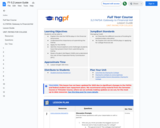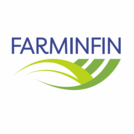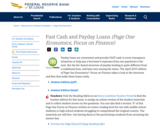The learning resources presented here have been developed through an ERASMUS+ project for adult education entitled “FARMINFIN: Farming concepts and innovative funding/financing” (Project Nº: 2019-1-BE01-KA202-050397) carried out between 2019 and 2021.
The FARMINFIN project provides farmers with the needed competences for the implementation of innovative financing means tailored adequately for their own farms, entrepreneurial approach and personal circumstances.
FARMINFIN training material is aimed at young farmers taking over the business of their parents or simply aiming at business development. For them it is very important to have a solid financial basis for their agricultural businesses!
FARMINFIN has developed a web-based app where you can access to all the project’s training materials which are available in 7 languages: English, French, German, Spanish, Italian, Czech and Swedish. Through our learning platform you will be able to:
1. Get an overview of the actual situation of innovative financing in family farms in Europe and the available financing tools.
2. Gain knowledge and experience from selected best practices across Europe.
3. Foster professional handling of innovative financing means by farmers.
4. Strengthen economic and socio-economic viability of family farms, and therefore deliver added value to rural development.
The training resources you will find are the following:
SUMMARY REPORT: here you will find an overview of the situation of alternative ways of financing in the farming sector in Europe. The report provides a picture of the common findings across participating project countries, which have been analysed in more detail. You will find also in this section a downloadable annex that graphically shows all the data collected during the development of the report and can be viewed in detail segmented by country.
CATALOGUE: In the catalogue you will find not only a list of the main subsidies’ lines and general financing products, but also the financing products adapted to agriculture and more importantly, a large catalogue of the main products of alternative or innovative financing illustrated with a diagram showing the actors involved and the relationships between them. More specifically, the catalogue has identified:
- 14 of the main lines of subsidies.
- Main general funding products categorised into:
o Public sector (both European and national);
o Short-term private sector (11 tools identified);
o Long-term private sector (8 tools identified).
- Main financing products adapted to agriculture, for the agricultural, livestock and forestry sector.
- Main innovative financing products, where a total of 21 innovative financing tools have been catalogued in detail, including diagrams to illustrate how they work.
BEST PRACTICES: in this section you will find a series of 17 examples of farms across Europe that represent a wide range of best practices in the implementation of innovative financing schemes in the farming sector. Through this section you will learn from real experiences, reading about farmer’s problems related to financing and how they solved them. Learning from existing experiences will surely inspire you.
TRAINING MODULES: learning materials plenty of tips and suggestions on how to deal with relevant topics around the financing of your farm. In addition to the prepared contents of the modules, there is an opportunity to self-test your initial knowledge before taking the module and there is also a test at the end of the module to see whether you understood the contents. The modules also include useful templates, canvas and tools to be used in your learning pathway as well as in your professional activity.
For all components of the learning platform, information is provided in a comprehensive and user-friendly design and the materials can also be downloaded in PDF format.


